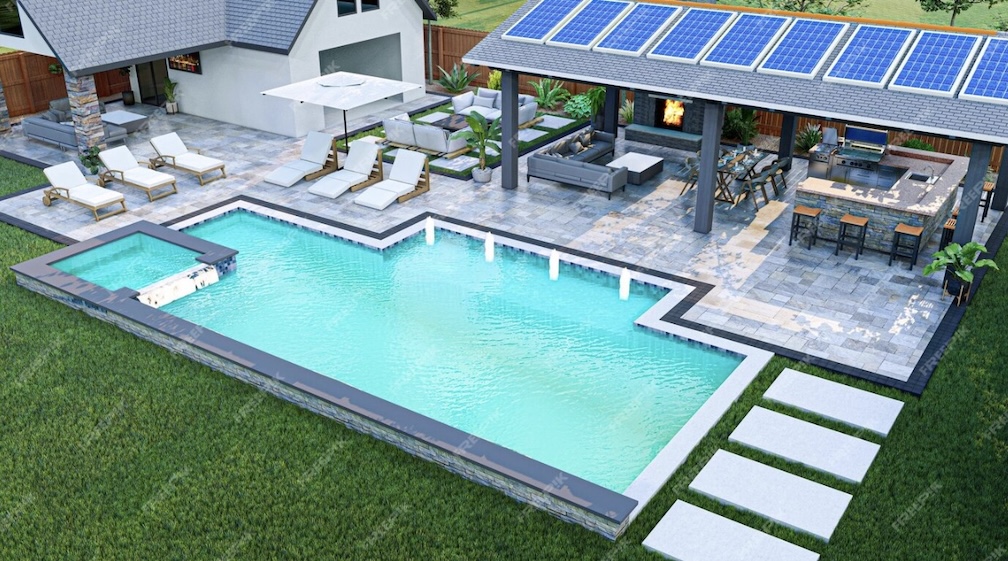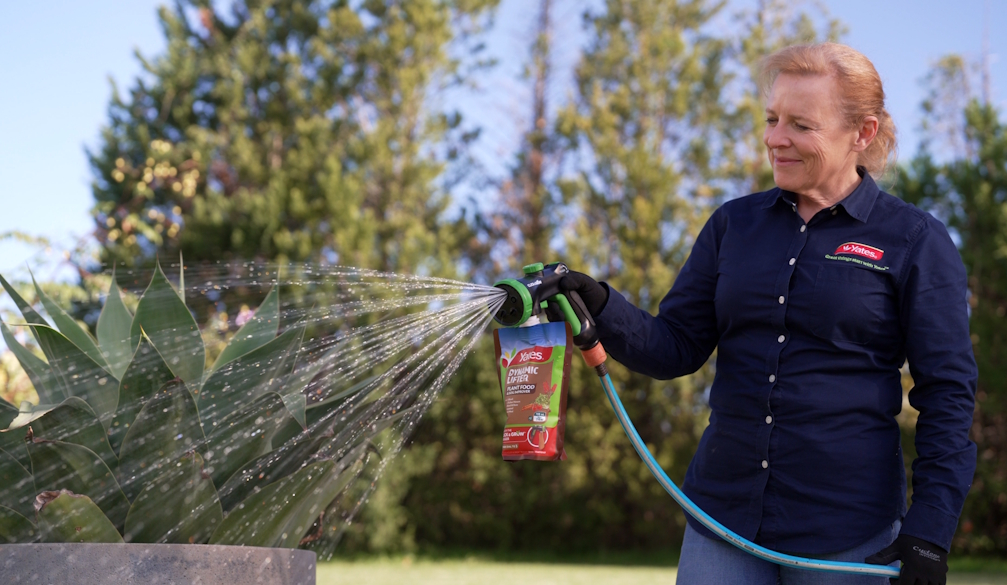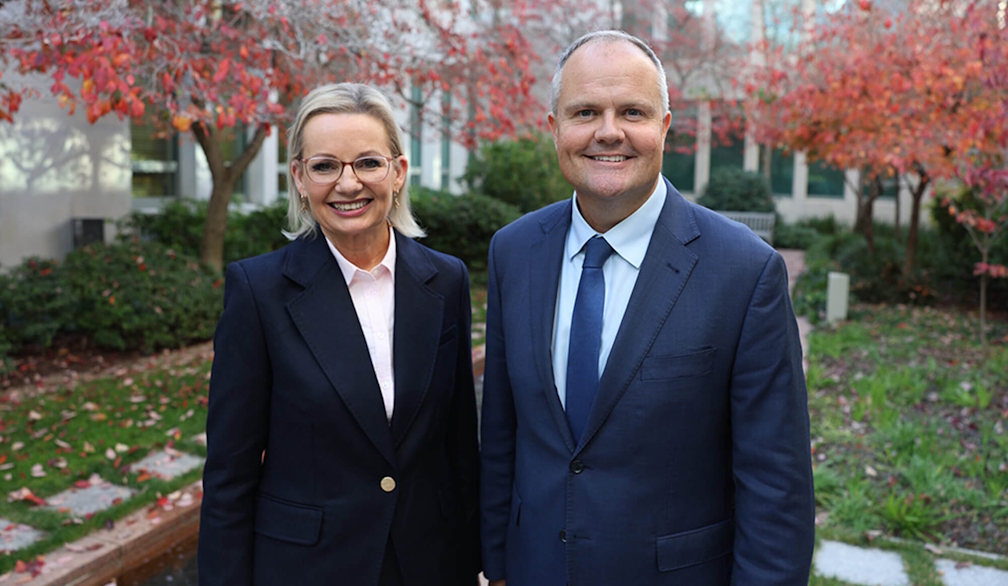Embracing Solar Pool Heating: An Eco-Friendly Solution for Year-Round Comfort

Solar pool heating systems are an eco-friendly approach to heating swimming pools. These systems use solar collectors, often installed on rooftops, to warm water with the sun's energy before returning it to the pool. This reduces reliance on traditional heating methods like gas or electricity, lowering energy bills and decreasing the carbon footprint. As a result, they offer a popular sustainable solution for year-round swimming comfort.
Solar pool heating Mornington Peninsula systems utilise solar collectors, typically mounted on rooftops, to absorb the sun's heat and transfer it to the pool water pumped through them. This method extends the swimming season at a significantly lower cost compared to conventional heaters like natural gas or electric. Additionally, their carbon-free operation contributes positively to climate change mitigation.
Advantages of Solar Pool Heating Systems
Energy Efficiency and Cost Savings
Energy efficiency involves optimising power use to reduce waste, resulting in significant cost savings. Efficient utilities consume less energy, reducing utility bills and operational expenses. This promotes sustainable resource usage and aids environmental preservation through reduced emissions. Additionally, adopting energy-efficient practices fosters financial competitiveness by lowering operating costs.
Environmentally Friendly
Environmentally friendly practices involve harmoniously interacting with and caring for our surroundings. These practices promote conservation, reduce waste production and pollution, and lead to healthier environments. They ensure sustainable living, providing future generations with a balanced ecosystem where humanity coexists with nature.
Long-Lasting and Durable
A long-lasting and durable structure is built with high-quality materials capable of withstanding various environmental conditions. Robust designs ensure resilience, providing safety, stability, and reliability. This guarantees longevity in both residential and commercial building constructions.
Main Components of Solar Pool Heating Systems
Solar Collectors
Solar collectors, key components in solar heating systems, harness heat energy from the sun. Comprising a series of tubes or panels often installed on rooftops, they absorb sunlight and convert it into usable heat for properties and pools. They reduce reliance on non-renewable sources and help curb harmful emissions, significantly contributing to combating climate change.
Pump and Filter Systems
Pump and filter systems are critical for maintaining water clarity and hygiene in pools, spas, or aquariums. They circulate water, remove debris, and prevent microorganism growth. The pump creates a flow of water that is then forced through a filter to capture impurities, making it a key component when looking at pool pumps for sale. Regular maintenance ensures efficient operation, contributing to a cleaner, healthier aquatic environment.
Control Valve
A control valve regulates the flow rate of fluids and gases, ensuring optimal system performance. It manipulates a flowing fluid, such as gas or water, to compensate for load disturbances and maintain regulated output. Precision in operation relies on input signals from controllers.
Installation Process of Solar Pool Heating Systems
Planning and Site Assessment
Planning and site assessment are vital initial steps in construction projects. This process involves examining a plot's structure, environmental factors, potential hazards, and legal constraints to inform planning decisions. These evaluations ensure safety, sustainability, and practicality, reducing project risks and ensuring successful outcomes within budget and time constraints.
Installation Procedure
The installation process begins with acquiring the necessary equipment. The item is then integrated into an existing system, following instructions from a user manual. Some installations require professional expertise to ensure precision and prevent damage or dysfunction.
Safety Precautions and Considerations
Ensuring safety is vital in every environment. At home, store harmful substances correctly and ensure emergency exit access. Schools should conduct regular drills for evacuation protocols. Workplace safety depends on using protective equipment, careful handling of machinery, and routine inspections for hazards. On roads, vigilant driving and adherence to traffic rules are crucial safeguards.
Choosing the Right Solar Pool Heating System
When planning to install a solar pool heating system, consider the size of the pool, location, and budget. The size should align with the available outdoor space. Location factors include zoning laws, access to plumbing services, privacy preferences, and sunlight exposure. The budget includes initial construction costs and long-term maintenance expenses. Professional advice ensures optimal decisions regarding these factors.
Preferred Brands and Manufacturers
Preferred brands and manufacturers play a crucial role in consumer decisions due to their proven quality, durability, or unique features. Loyalty develops from consistent customer satisfaction, leading to repeat purchases and recommendations. These brands dominate the market by consistently meeting or exceeding expectations.
Weighing Benefits and Drawbacks
Different systems offer varied benefits and drawbacks. Democratic systems promote freedom, while socialist ones emphasise equality. However, democracies can suffer from polarization and short-term thinking, whereas socialist structures may stifle competition and innovation. Capitalistic economies reward hard work but can lead to inequality, while communism reduces wealth gaps at the potential cost of motivation.
Maintenance and Troubleshooting of Solar Pool Heating Systems
Regular Care and Maintenance
Regular care and maintenance extend the life of possessions. This includes cleaning to prevent buildup and careful handling to minimise wear and tear.
When to Call a Professional
Call a professional when a situation exceeds your expertise or independent attempts fail. Professionals provide efficient and reliable resolutions, preventing problems from escalating and becoming more costly.
Cost Analysis of Solar Pool Heating Systems
Initial Installation Costs
Initial installation costs include the purchase price, setup fees, and labour charges for professionals. These costs can be significant, depending on the equipment. However, the investment may prove worthwhile over time by improving efficiency and suggesting savings in operating costs or adding comfort.
Long-Term Financial Benefits
Long-term financial benefits accrue from investments, savings, or other decisions over time. These can include compound interest growth in retirement funds, increased property values, or dividends from stocks. Achieving such benefits requires patience and discipline, ensuring sustainable wealth creation and economic stability.
Compared with Traditional Systems
Traditional pool heating systems rely on gas or electric power, presenting significant cost and environmental concerns. Solar pool heaters offer a sustainable alternative, harnessing natural sunlight to maintain comfortable water temperatures, minimising utility bills and greenhouse gas emissions. However, they require sufficient sun exposure for optimal operation, which may not be available in every geographical location.












